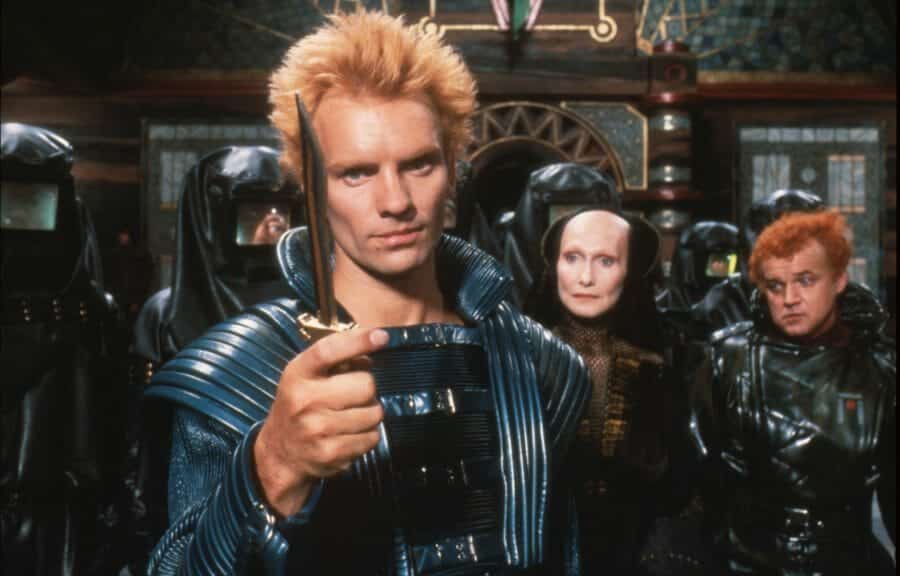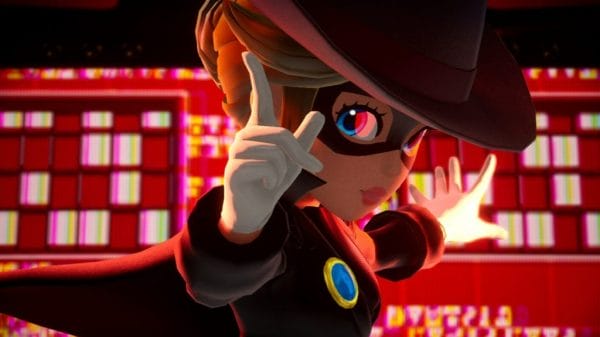Alan Smithee is one of the most prolific directors/screenwriters of our time and has directed more films than Steven Spielberg and Werner Herzog combined, but the guy doesn’t actually exist…
Not all films turn out the way directors imagine. Budget cuts, conflicts on set, studio interference, and plain old horrible plot lines can all cause creative catastrophes. Understandably, most directors don’t want to be associated with these films, so instead, they would use Hollywood’s pseudonym.
That pseudonym is Alan Smithee.
Smithee’s film credits are as long as your arm and he has over 100 films attributed to him on IMDb. The list, as you can imagine, includes some of the cringiest films in existence – spoofs, parodies, box office flops – but there are a surprise few cult classics like David Lynch’s Dune, Hellraiser Bloodline and Meet Joe Black.
But who is Alan Smithee, and where did he come from?
Back in 1969, Director Don Siegel began working on Death of a Gunfighter. Originally, Robert Totten was directing but after having disputes with the lead actor, the film went to Siegel. But when it came time for the film to actually hit the screens, neither director wanted anything to do with it.
The Directors Guild of America scrambled to find a solution, and they came up with an alias: Alan Smith. According to the late director John Rich, that was a far too common name, so, Allen Smithee (later changed to Alan) was born.
Ironically, Death of a Gunfighter received good praise form critics, all of which was directed towards the non-existent Smithee.
“Director Allen Smithee,” wrote famous film critic Roger Egbert in 1969, “a name I’m not familiar with, allows his story to unfold naturally. He never preaches, and he never lingers on the obvious.”
But from that moment on, any film which was considered “artistically compromised” ended up using the Smithee pseudonym.
But why did it become so popular?
Many of those within the film industry believe the use of Alan Smithee became so popular because of the auteur theory. Bob Woolsey, Head of Film Production at Vancouver Film School explains what the theory means:
“The auteur theory suggested that directors were the authors of any given film, and thus, any and all praise or criticism of a film was generally aimed at the director and their choices.”
And with the rise of directors like Martin Scorsese, Steven Spielberg, and Francis Ford Coppola – all household names – the theory made directors as famous as the actors in their films.
Woolsey continues: “As directors became more prominent and more powerful, they expected to have full creative control over their films. So, whenever studios would throw their weight around and tamper with the final cuts of films, directors would take their names off the projects and replace it with Alan Smithee.”
One of the biggest examples of a film using the Smithee Pseudonym is David Lynch’s Dune. Before Denis Villenueve’s 2021 adaptation, Lynch attempted to take on the original adaptation in 1984.

However, the film was nothing but a nightmare, and with names like Ridley Scott and Alejandro Jodorowsky floating around, Lynch wasn’t even the first director considered for the job.
He agreed to direct under one condition; he was allowed to split the book in two. But the studio pressured him to film it all in one go. Woolsey explains:
“Originally, Lynch handed in a cut that was over 3 hours long. The studio made him cut it down and, naturally, the result was an incomprehensible mess. The theatrical version of the film did have Lynch’s name on it, but the subsequent television release was credited to Alan Smithee.”
The whole process was chaotic, from accidents on set, sick cast members, customs issues, and even rotting animals. The 1984 version of Dune is considered a cult classic today, but for Lynch, it is a dark mark in his career.
But, what happened to Alan Smithee?
The pseudonym was retired sometime in the 2000s, largely thanks to the 1997 film Alan Smithee Film: Burn Hollywood Burn. The premise is about a guy named Alan Smithee who makes a movie that gets recut by the studio, resulting in a terrible film.
When he wants to take his name off the film he realizes he shares the same name as the pseudonym which would normally replace it in the credits.
And in a hilarious turn of events, the movie’s director, Arthur Hillier, was so dissatisfied with the final cut that he took his name off the movie and replaced it with Alan Smithee.
As the film drew attention to the mystery behind Alan Smithee, audiences wouldn’t go and see one of “his” films because it was deemed a bad movie. So as the name fizzled away in the 2000s, only once in the last few years has Smithee made a return – The Night Watchers, 2018.
Now, aliases are selected on an individual basis, but Smithee remains one of the most prolific directors of our time. With film credits spanning multiple genres and decades, he is the most infamous director the world will never see.














